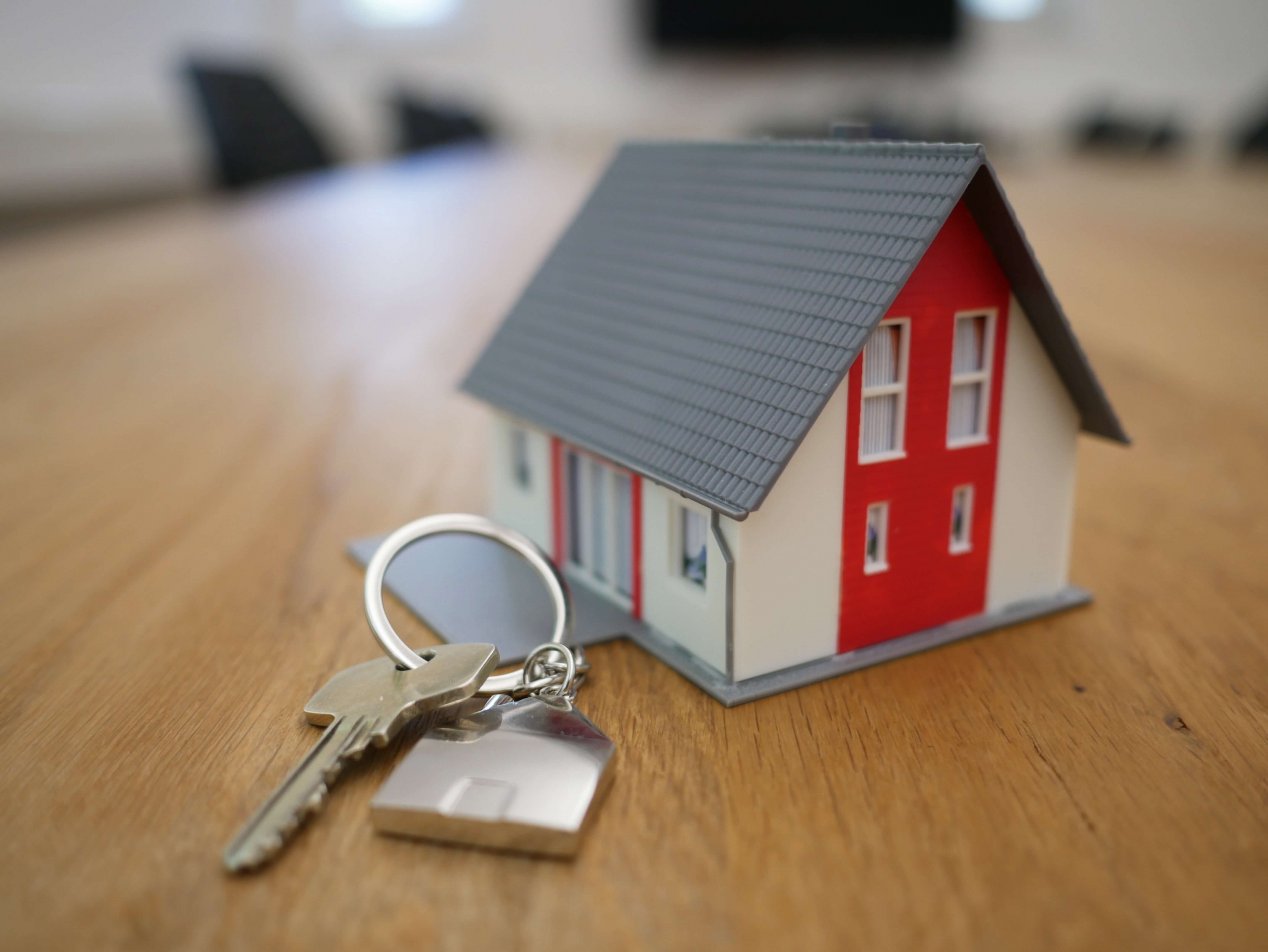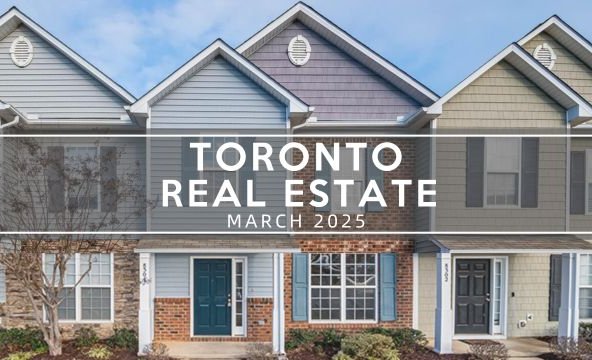If you don’t have an income, what are the options out there?
- What are your three options available?
- What can you use for traditional qualifications?
- Can you just use your net-worth to qualify?
- Are there any interest premiums for this option?
- What is required for a reverse mortgage?
- How does a reverse mortgage work?
- What can you do with a reverse mortgage?
- Why couldn’t you just get a line of credit?
- Is there a lot of flexibility in the reverse mortgage?
Transcription:
Hi, it’s Lawrence Mak from the Exp Realty. I’m here at Denham with Chris Molder from Tridac Mortgage. Hey Chris, how are you doing? Lawrence, Very good. Thank you. Thanks for having me. Excellent. Today, one of the talks about the different options that people have when they’re retired or are no longer working.
And so, I get that question a lot from different people, typically because they’re retired, and they want to know what the other options are. So just wondering what the options are? Yes. Yeah. It’s a good question. It’s no secret that we have an aging population, so there are evolving products that are being made available for Canadian seniors.
And I think there are three different categories. One would be relying on income and qualifying for a mortgage in a traditional sense. We’ll talk about that in a second.
Option number two is something called a network program. A specialty program developed by lenders and then option number three is what we call a reverse mortgage, one of Canada’s fastest-growing mortgage products.
And so we’ll talk a little bit about that this year, especially has been a banner year for reverse mortgages
Option number one is a formal qualification for a mortgage. Even though you’re retired, presumably, there’s still income coming in. The primary sources of income are, pension’s old age security CPP.
If you’re lucky enough to get a company pension, that income can be included, And then you might also be drawing income from your R R S PS. So it might be a riff, or you might still be in a, in an RRSP and drawing income from that. So if you can demonstrate enough income on an annual basis, we’ll need to establish a two-year average of that income, especially if you’re using investment income. Still, a lender will look at the two-year average and qualify you for a mortgage traditionally.
So put your income per year versus your liability per year. There’s what we call a debt service ratio. And as long as the numbers work, you qualify for a traditional mortgage; easy peasy with me so far, so good.
Option number two is what we call the network program. And this is a unique product.
Not every bank or lender has it. But it’s designed to support Canadians, especially retired Canadians who have significant asset positions but don’t have a lot of income. And in this program, the lender will, they’ll take a look at your monthly cash flow to establish a bare minimum that you fall for. But more importantly, they’re going to look at your assets that are available, specifically financial assets.
Such savings. Stocks bonds investments, money in TFS, our RSPs are ESPs riffs, and they will match for every dollar. You have an investment. They’ll fit and give you the equivalent in mortgage money without demonstrating this debt servicing requirement. Right. And so that’s a unique and valuable product for a lot of.
Seniors. It should be noted that you do not have to pay a premium in interest rate to qualify for this program. It’s just a regular bank product if you are eligible. And you have to demonstrate via bank statements and investment statements that you can meet the criteria. Great. For in that particular case, then, as you mentioned before, it doesn’t have a premium on the interest, so you get kind of like a regular mortgage.
Yeah. Yeah. Which is great. Yeah. So, so really useful for those who aren’t earning total income anymore but have excellent asset positions. Now, is there a, is there a specific threshold, like saying a million dollars, 500,000 like $5 million, whatever it is, or is it case by case basis? Yeah, that’s a good question.
I do believe that the maxim on the program is $750,000. Okay. However, if we have a solid applicant who needs to stretch to a million dollars, for whatever reason, it could be considered on a case-by-case basis. Great.
And then the third option you mentioned was reverse mortgages, reverse mortgages and reverse mortgages are an exciting topic.
There is a lot of history around reverse mortgages, specifically in the US and in the UK. I give it a very negative connotation. Yeah. I mean, I’ve heard that reverse mortgage is just costly in terms of the interest and just really bad, but I mean, if you could shed some light on that, that’d be great.
Yeah. Yeah. And, and there were, past products for very draconian, sharing Canada. We have a significant player. That is chip, chip reverse mortgage. So that’s a Canadian home income plan, and that is provided by home equity bank. So they’ve revolutionized the product here in Canada, and the criteria of assets and income requirements all get thrown out the window.
It’s based on two factors. Do you own a home? And your age. So if you are 55 and older, you can get up to 55% of your home and mortgage money value. On the surface, you know, you have to think in three dimensions when you think about the utility of a reverse mortgage because let’s get the interest rate out of the way. Yes. The interest rate is much more expensive. Okay. So, we’re looking at setting an expectation between four and a half and five and a half percent depending on the mortgage term. Okay. But what, what ends up happening with the reverse mortgages that you do not need to make?
Make payments back to the lender. Instead, we call it a reverse mortgage because whatever the principal amount that’s lent to you originally is, is not repaid until the home itself sold or you pass away. Each little bit of interest accumulates and gets added to the final pay-out amount. So if you borrow a hundred thousand dollars, you stay in the property for 15 years.
That might be $50,000 of debt. So when the property is sold 15 years in the future, you pay back $150,000 to the lender. Okay. That’s why we call it a reverse mortgage. But, it has a very, very high utility. For example, you may have a situation where a senior living in a home is free and clear with no mortgage.
But they need money for any number of reasons, to support lifestyle. Living in Toronto is an expensive place, supporting lifestyle for many families, choices. Do you sell your home or do you, do you get some financing, to help your family and early inheritance? Most people want to help their kids while they’re still alive.
But don’t want to sell their hosts. So the reverse mortgage allows that type of utility. So somebody who might be wanting to work with you, Lawrence. He’s relying on their parents for a down payment. The parents can provide that down payment money through something like a reverse mortgage.
And then, it can be used to pay for medical expenses. This pandemic is highlighted that going to a senior’s residence is not optimal for most people. So most families would prefer to have their seniors live in their current home. So the home they’d been in for 50 years, it’s a family place, but in-home care is expensive.
So how do you cover that? You can get a reverse mortgage. And so, the interest rate almost becomes secondary. And then Lawrence, you also understand this, that the concept is you borrow the money. Yes. The interest accumulates, but you’re also holding onto an amazing asset: Toronto real estate, which ten years from now.
Anyway, it’s going to go up in value. Hopefully, you’re the expert in that area. But presumably looking at the past, you know, real estate appreciates. And offsets whatever expenses you incur. So when you start to think about it from different angles, it is not a terrible product and really gives families a lot of options.
I really focus on family with this product because usually, it’s seniors with children. There’s sensitivity around inheritance around the value of the home. Who gets what? And so it’s really a family decision when we’re talking about reverse mortgages. Well, some might also think though, because the interest rate is so much higher, like why can’t, why couldn’t those people just get like a line of credit, you know, where you get like prime rate plus one or something like that versus trying to get a more expensive reverse mortgage.
Can you talk about that? I’ll be, yeah, absolutely. I mean, the reality is, is that a line of credit is no different than a mortgage in terms of qualification. So you have to demonstrate to the lender—the ability to debt service, the payments. So we need income to offset the expenses, and you run into the same problem.
So the line of credit isn’t an option for those who, would be eligible for a reverse mortgage. Yeah, it makes sense. Just because they can’t really service the debt, they had this sort of use this option, which uses the equity of their house to get the money from the bank.
Correct. You got it. Exactly. And, and when you, you know, and I’ve spoken to families about this and Lauren, she may have some experience, maybe even your parents or, or seniors in your own life, kind of, yeah. They’ve got that home paid for. They’ve had it paid off for it. For years now, maybe decades, and life starts getting more expensive.
And the reality of having to sell a home is, is quite, traumatizing for a lot of families, you know, and, and complex. It’s not an easy decision. So this gives them the ability to stay. And also, I should mention that there’s a lot of flexibility inside the reverse mortgage product. One thing that I come up against is they’ll say, well, you know, I’d like to get more money, but I have an existing traditional mortgage from my bank.
Can I still get a reverse mortgage? The answer is yes; we can replace it. You don’t have to have your home paid off to get a reverse mortgage. You can return an existing mortgage with a reverse mortgage. Also, the reverse mortgage can be set up as a line of credit. So maybe you have a home that’s free and clear.
Let’s say it’s a million-dollar home. You could qualify for $550,000 as a reverse mortgage line of credit borrowed zero initially. And then, as life goes on each month, you can take a draw, or when you need it, you can take a drop. So you don’t have to borrow all the money upfront. So that’s also very useful.
Those are excellent options. So it sounds like there’s a lot of details, again, with this particular, all these different products for, if you are either retired, or you no longer have working income. And you’re just trying to figure out the best way to get a mortgage or money. So it seems like if you have any questions about that, talk to Chris, small, different Chuck mortgages at any time.
Thanks very much less. How can we meet you? Yeah, I was going to say, if you need to reach me, Google my name, Chris Molder, like Fox Molder. X-Files I’ll you a sci-fi for each. So that’s M O L D E R., and you can find me on any social media at tri doc mortgage. Tri doc is spelled T as in Tom R I D as in David AC mortgage, I’m sure you’ll flash it up on a screen somewhere here, all over the place. Oh, thanks a lot for joining us again this week. Talk to you later. See you later. Lawrence. Thank you.
If you have any questions about Toronto real estate, please call or text Lawrence at (416) 276-4895.
For mortgage questions, call Chris Molder at 416-732-8020.
Lawrence Mak, Real Estate Broker, EXP Realty
Please follow us on:
Facebook: https://www.facebook.com/lawrencemak.realestate
Youtube: https://www.youtube.com/c/lawrencemak
Instagram: https://www.instagram.com/LawrenceMak_RealEstate
Website: https://www.LawrenceMak.com
#Makminute #knowledgeispower #Lawrencemak #Lawrencemakrealestate #Mississaugarealestate #torontorealestate #lornepark #livelornepark #mortgage #reversemortgage #lineofcredit #retired #lostjob



